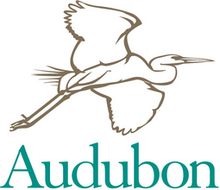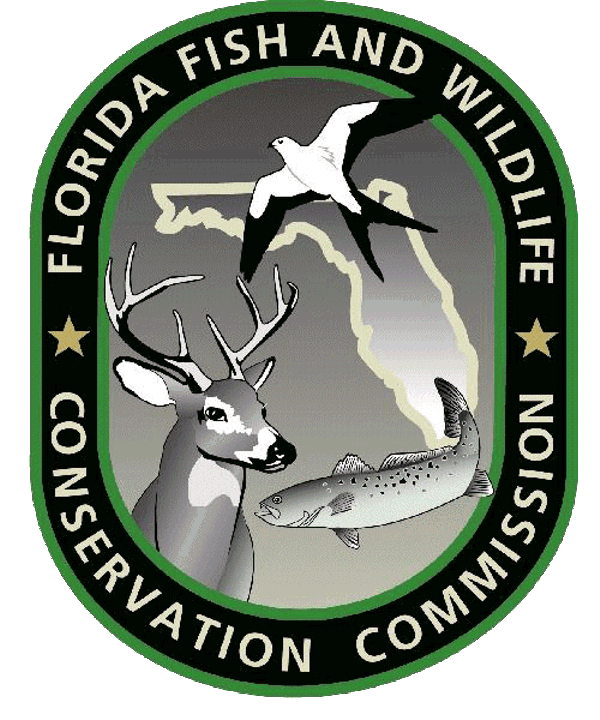Injured Birds
If you find an injured bird, carefully place it in a ventilated cardboard box with protective lid or a towel over the top, and place in a cool, safe place. Birds go into shock very easily when injured, and often die from the shock. If a bird has hit a window and is still alive, it may just need a little time to regain its senses, then it may be able to fly away. Do not try to force-feed or give water to the bird. If it is still alive after a few hours, contact a local wildlife rehabilitator.
Tropical Audubon Society recommends the following South Florida Wildlife Rehab Centers. Please note, you must call ahead before taking a bird to any of these donation-supported centers:
Miami-Dade County
Pelican Harbor Seabird Station
305-751-9840
1279 NE 79th Street Causeway, Miami, 33138 Map
Wildlife Rescue of Dade County
305-342-1075
12055 SW 240 Street, Princeton, FL 33032 Map
In addition to injured birds, founder Lloyd Brown accepts injured mammals native to South Florida.
Everglades Outpost
305-247-8000
35601 SW 192nd Avenue, Homestead, 33034 Map
Monroe County
Florida Keys Wild Bird Center
305-852-4486
92080 Overseas Highway, Tavernier, 33070 Map
Marathon Wild Bird Rescue
305-743-8382
MM 50 at Crane Point Hammock, Marathon, 33050 Map
Key West Wildlife Center
305-292-1008
1801 White Street, Key West, 33040 Map
Broward County
South Florida Wildlife Center
954-524-4302
3200 SW 4th Avenue, Ft. Lauderdale, FL 33315 Map
Palm Beach County
Busch Wildlife Sanctuary 561-575-3399 2500 Jupiter Park Drive, Jupiter, FL 33458 Map
Sick Birds
Avian influenza has now been confirmed in wild birds found sick or dead in Florida, including waterfowl and other waterbirds, birds of prey and scavengers like vultures, gulls and crows. Though there has only been one case of human infection to date (in Colorado), it is currently recommended that no one handle sick or dead birds or other wildlife. Current information on the spread of this disease in Florida and where to report bird mortalities can be found on the Florida Fish and Wildlife Conservation Commission’s Avian Influenza page. An article from National Audubon Society summarizing the spread of this disease in the United States and Canada is here.
Orphaned Birds
From the Cornell Lab of Ornithology: At some point or another, nearly everyone who spends time outdoors or who feeds backyard birds finds a baby bird, unable to fly very well and apparently lost or abandoned by its parents. Our first impulse is to adopt this apparently helpless creature and try to raise it ourselves. But in most cases, the young bird doesn't need our help at all, and, in fact, we may be doing more harm than good.
If you find an orphaned bird, the first step is to determine if it is really orphaned.
Examine the young bird for signs of physical trauma. If it's injured, take it to the nearest wildlife rehabilitator. (Place it in a small, secure ventilated box such as a paper towel-lined shoebox with a few holes poked in it.)
Nestling or Fledgling?
Most baby birds that people find are nearly always recent fledglings that cannot fly well. If the young bird appears uninjured, determine whether it is a nestling or a fledgling. Let it perch on your finger. Is it gripping firmly? If so, it is a fledgling. To get it out of harm's way, the best thing to do is to place the baby bird in a shrub or tree—somewhere above the ground—and leave it alone.
If the bird seems unable to cling well to your finger or to branches, it is most likely a nestling. Look around in nearby shrubbery or trees for the nest the bird came from. It will probably be well hidden. If you do find the nest, simply put the young bird back in it. If you can't find it, you can provide a substitute nest by tying a berry basket (the kind with holes in the bottom, for drainage) in a tree. Line it with some tissues or other soft material, put the baby bird inside, and leave it alone.
Should You Hand-raise a Baby Bird?
We strongly advise against doing this; we recommend you instead take the orphaned bird to [a reputable] wildlife rehabilitation center. Besides being difficult, raising a wild bird in captivity is illegal unless you have the proper state and federal licenses.”
Read National Audubon Society's articles on rescuing baby birds and making your home more bird-friendly:
Bird Mortality Reporting
Submit a report to the Florida Fish and Wildlife Conservation Commission’s avian mortality database if you find a dead bird that you suspect it was hit by a car, was killed by another animal or as a result of entanglement with fishing line, was electrocuted by a power line or succumbed to a disease such as Avian Influenza or West Nile Virus.
Submit a report to dBird if you find a dead bird that you suspect died as a result of a collision with a building. Collision data collected in Miami-Dade County will be used to advocate for implementation of a Lights Out policy in the county during spring and fall migration.













